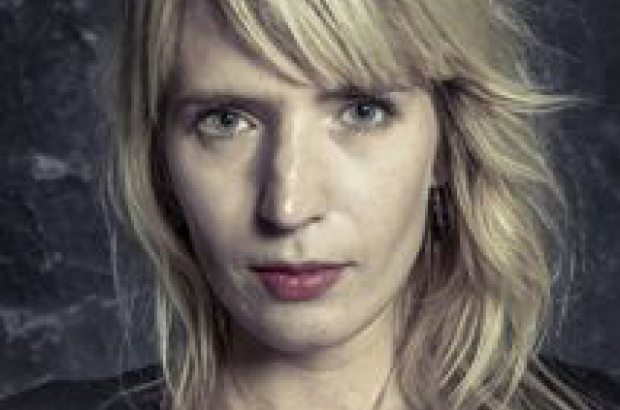- Daily & Weekly newsletters
- Buy & download The Bulletin
- Comment on our articles
Q&A: Brussels filmmaker Nathalie Teirlinck on fear of failure
Le passé devant nous (Past Imperfect) is Brussels-based filmmaker Nathalie Teirlinck’s debut feature film. It tells the story of Alice, an alienated young woman suddenly confronted with the son she abandoned at birth, six years before.
Why did you want to make this film?
This is the film I had to make. It’s with me when I get up, when I go to bed, and all the time in between. I live with Alice. She still surprises and captivates me every day. Alice became the ultimate character to embody the themes I’ve been exploring and that have been inspiring me for years.
Which themes are those?
I am deeply fascinated by how flexible we are expected to be when it comes to our identity, how each day we take on varying roles to meet societal expectations and norms. I’m also fascinated by the current paradox of a world that is both full of opportunity and yet cripplingly claustrophobic. Openness and vulnerability are increasingly commended as qualities, yet there is a deep anxiety around losing oneself in all the possibilities – the crippling fear of failure.
But Alice appears very confident...
Although Alice seems to navigate her protected life without too many problems, it’s this fear that lurks deep inside her. Her defence mechanisms are deeply rooted. She creates for herself a particular order in which it is possible to live without real intimacy or emotional risk. Through Alice, I wanted to explore what happens when you are not able to meet those entrenched social roles and certainties.
Such as being a mother?
I want to reveal what it means to be someone who has chosen to leave everything behind, and who finds herself in a complex confrontation with who and what remains. To abandon and to be abandoned are a connecting thread for all the characters.
Your visual language is often oblique, built on associations. Why is that?
It gives me the space to smuggle in poetry, to play with film codes and expectations, to allow my characters to unfold. Just as in real life, we have to get to know them from dribs and drabs of information; we have to learn to love them.
Photo courtesy Savage Film









